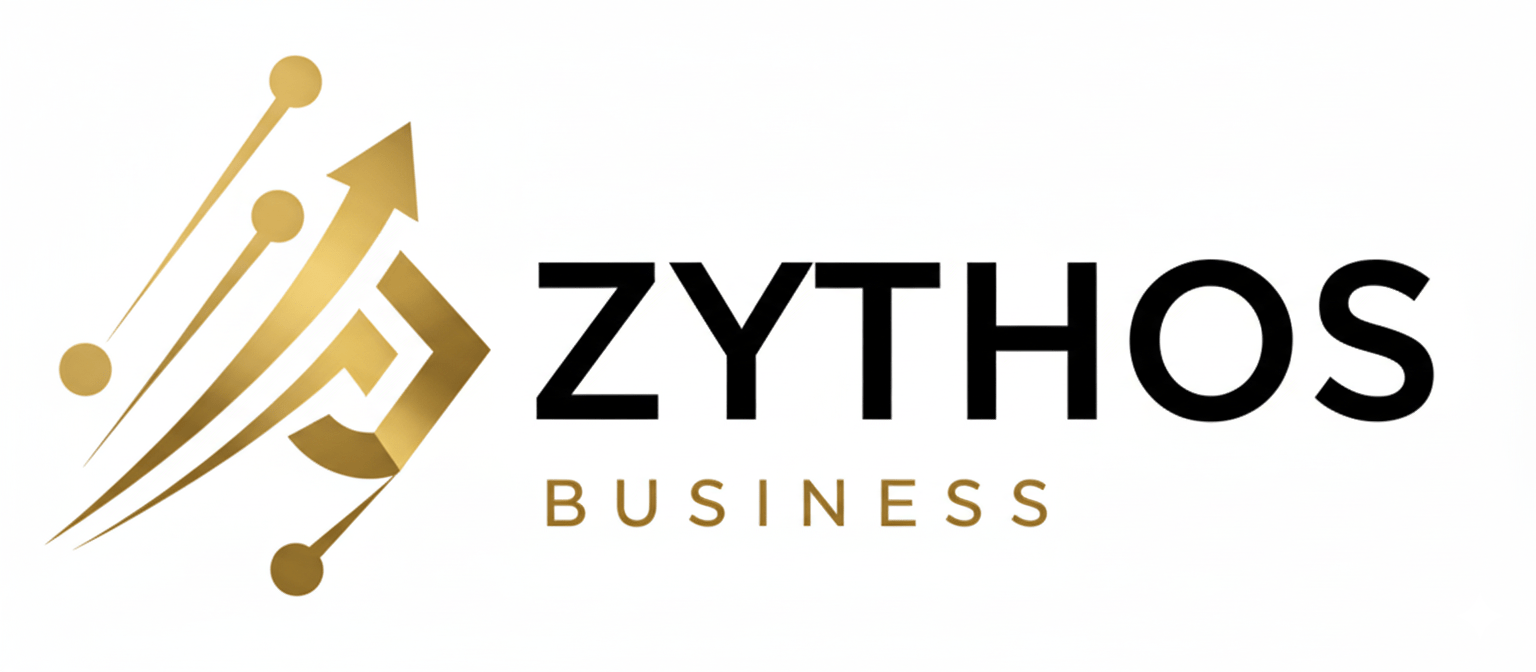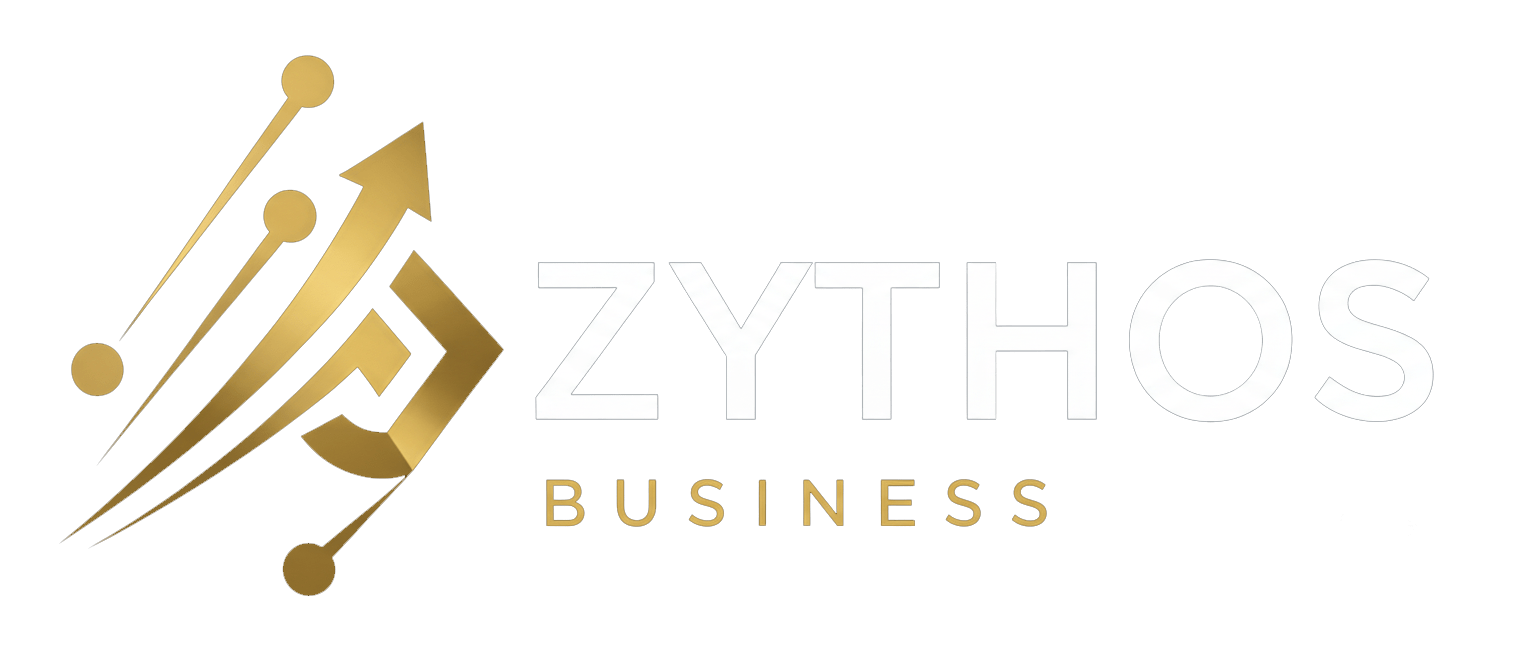Don’t trust the draft return. Discover how Zythos Business’s “Comprehensive Advisory” service in Madrid transforms the IRPF (Personal Income Tax) from a costly obligation into a tax optimization opportunity.
The Annual Trap: Why Blindly Trusting the Government’s Draft Return Is Costing You Money
Each year, the start of the Personal Income Tax (IRPF) season marks the beginning of a period of stress, confusion, and anxiety for millions of taxpayers. Amidst this complex landscape, the Spanish Tax Agency (Agencia Tributaria) offers a seemingly simple solution: the borrador, or draft return. Presented as a “proposed declaration” 1, this draft has become the default option for many, based on the dangerous assumption that “if Hacienda says so, it must be correct.”
However, this blind trust is, in reality, a high-risk financial gamble. The draft return is not an audit of your financial situation; it is an automatic calculation based only on the data the Administration already possesses. And the reality is that this draft is systematically incomplete.
What the Tax Agency Knows, but Doesn’t Include in Your Draft
Numerous analyses and daily experience show that the draft return frequently omits crucial information that directly impacts the final tax bill. Among the data the Tax Agency does not always include are 2:
- Income from Rental Properties: A serious error. If a taxpayer fails to manually include this income (which may not appear on the draft), they expose themselves to an audit and harsh penalties.2
- Pension Plan Contributions: One of the most common tax-saving tools. Omitting them means voluntarily giving up a significant reduction in your taxable base.
- Maternity or Childcare Deductions: Key benefits for families that, if not actively reviewed, are lost.
- Regional Deductions: The great black hole of the draft return. These deductions, specific to each autonomous community, are rarely pre-filled and represent one of the largest sources of lost tax optimization.
Furthermore, the draft may not reflect income from one-off jobs, sporadic collaborations, or certain capital gains, but the taxpayer is still obligated to declare them.3
The Asymmetry of Fiscal Risk
This system creates a fundamental “asymmetry of risk” that systematically harms the taxpayer. Here is how it works:
- The Tax Agency provides a tool (the draft) that, as has been shown, is incomplete.1
- If this omission harms the Tax Agency (e.g., the taxpayer does not declare rental income), 100% of the responsibility falls on the taxpayer, who will face audits and penalties.2
- If this omission harms the taxpayer (e.g., the draft forgets a pension plan or a regional deduction), the Tax Agency has no obligation to notify them. The taxpayer simply pays more tax than they are legally required to.
The taxpayer assumes all the risk for errors, whether they are in their favor or against it. The Administration benefits from a tool that facilitates collection, but not optimization. Confirming the draft without an expert review isn’t a time-saver; it’s a surrender of tax savings and an acceptance of unnecessary legal risk.
The Labyrinth of Deductions: The Money You (Literally) Leave on the Table
The goal of the income tax return should not be to simply “file it,” but to “optimize it.” The difference between a bill to pay and a refund often lies in the deep knowledge of national and, especially, regional deductions. As experts point out, “often, checking a single box can significantly improve the result of your declaration.”5
However, this labyrinth of boxes is especially dense for two key groups: freelancers and taxpayers in regions with complex regulations, such as Madrid.
The Freelancer’s Challenge: A Different Kind of Tax Return
For a self-employed professional, the IRPF is not a mere formality; it’s the summary of an entire year of economic activity, and confusion about their obligations is widespread.6 The difficulties are exponential:
- The Inferno of Deductible Expenses: There is a profound lack of knowledge about the tax rules that determine which expenses are deductible.7 The list is extensive (purchase of goods, salaries, Social Security, leases, repairs, supplies, services from independent professionals, insurance, etc.) 7, but each has justification and business-use requirements that must be defended in a potential audit.
- The Management of Withholdings: Freelancers must actively monitor that the companies they work for are correctly remitting their withholdings. It is recommended to request withholding certificates annually and maintain one’s own ledger, as discrepancies can lead to serious problems with the Administration.8
For this profile, the IRPF is just the tip of the iceberg. The true value of an advisory firm is not filling out the form in April; it’s the comprehensive management 365 days a year. Zythos Business defines itself as a “COMPREHENSIVE ADVISORY” 9, offering “Accounting” and “Labor” services.11
This means the IRPF service is not an isolated act. It is the final result of a year of meticulous bookkeeping, quarterly tax filings (VAT, withholdings), and financial analysis.10 Zythos Business doesn’t just file the freelancer’s tax return; it builds the complete fiscal strategy that ensures the return is accurate, optimal, and defensible.
The Power of a Local Expert: Deductions in the Community of Madrid
Zythos Business operates from Madrid 9, a crucial competitive advantage. The IRPF is divided into a national (state) portion and a regional portion 3, and it is in the latter where a local advisor proves their worth, as these deductions are the ones most often forgotten by the draft return.2
The complexity and potential for savings in the Community of Madrid are immense.12 An average taxpayer, or generic software, is incapable of knowing and correctly applying the extensive catalog of tax benefits.
Concrete Examples of Savings in Madrid:
- Primary Residence Rental: Individuals under 30 (with certain income limits) can deduct 30% of their annual rent, up to a maximum of €1,237.20.13
- Care for Ascendants: A deduction of €515.50 for each ascendant over 65 or with a disability who lives with the taxpayer.13
- Educational Expenses: Deductions for expenses on schooling, language classes, or school-required clothing.12
- Birth or Adoption of Children: Specific tax benefits for growing families.12
- Large Families (Familias Numerosas): Families in the “special category” (5 or more children) can deduct 100% of the regional tax quota.13
The hyper-local knowledge of Zythos Business about these 20+ specific deductions 12 transforms the tax return. In many cases, the savings obtained from applying just one of these deductions that the taxpayer was unaware of far exceeds the advisory fee.
The Price of an Error: Tax Penalties You Can Avoid
Lost savings on deductions is only one side of the coin. The other, more dangerous side, is the cost incurred from errors and omissions. The Tax Agency is clear: “Any oversight, no matter how small, can lead to a fine.”16 Involuntary errors do not absolve you of guilt.
Quantifying the risk of self-management is fundamental to understanding the value of an advisor.
Anatomy of a Tax Penalty
Taxpayers who decide to manage their return based on an incomplete draft or their own limited knowledge expose themselves to a severe penalty regime:
- Filing Late: If the result is a refund, the fine is fixed: €100 if filed voluntarily before a request, or €200 if the Tax Agency has to chase you down.17 If you owe money, escalating surcharges apply.
- Improper Deductions: Incorrectly applying a deduction (like the primary residence deduction without meeting the requirements) constitutes a tax infraction.18
- Requesting Improper Refunds: If you request a larger refund than you are entitled to, the fine can be 15% of the amount improperly requested.18
- The Maximum Penalty (The Audit Scenario): If notifications are ignored or if, after an investigation, serious errors are confirmed, the fines can be devastating. The law allows for penalties of up to 150% of the amount that was not declared, in addition to the corresponding interest for late payment.4
This landscape transforms the perception of an advisory firm’s cost. The fee for an expert tax advisor is not an “expense”; it is an “investment.” It is an insurance policy against variable, unknown, and potentially catastrophic penalties. The client doesn’t pay for filling out a form; they pay to protect themselves from the Administration’s power to penalize and for the “peace of mind” of knowing their taxes are managed correctly.19
The Solution: Zythos Business, Your Comprehensive IRPF Advisory
Facing an incomplete draft return (Section 1), a labyrinth of deductions (Section 2), and a severe penalty regime (Section 3), Zythos Business stands as the logical and strategic solution.
More Than Filers, We Are Strategic Advisors
Zythos Business is a “COMPREHENSIVE ADVISORY”.9 This definition is key. We are not mere “filers” who replicate the draft’s data. We are tax advisors whose explicit mission is the “management, planning,” and, fundamentally, the “optimization and reduction of our clients’ tax burden.”9
Our goal is directly aligned with the taxpayer’s: ensure compliance by paying the minimum amount legally required.
The Zythos Process: From Planning to Filing
Our “Income Tax” 11 service is a proactive process designed to eliminate risk and maximize savings:
- Planning (Proactive): The IRPF isn’t managed in April. Our work involves tax “planning” 9 before the fiscal year closes 20, analyzing potential pension contributions, amortizations, or sales to optimize the future result.
- Preparation (Expert): We handle the “elaboration” 9 of the forms. This involves an expert human review that cross-references the Tax Agency’s data with the client’s reality, identifying the draft’s errors 2 and applying our local knowledge of Madrid’s deductions.12
- Filing and Processing (Stress-Free): We manage the mandatory “filing and processing”.9 This frees the client from the stress, lost time, and “headaches” 21 associated with this process.
- Defense (Protection): Our service doesn’t end with filing. In the event of a review or audit, we act as your “representation,” managing communications with the tax authorities.19 The client is never alone.
Value Chart: The Zythos Method vs. “Doing It Yourself”
The decision between self-management and expert advisory is summarized in the following value comparison:
| Feature | Doing It Yourself (Based on the Draft) | Zythos Business Comprehensive Advisory |
| Deduction Review | Limited to Tax Agency data (Incomplete 2). | Exhaustive (National and Madrid Regional 12). |
| Tax Optimization | Minimal (Reactive). You pay what the draft suggests. | Maximum (Proactive and Strategic).9 |
| Accuracy and Risk | High Risk of Error and Penalties.[4, 18] | Guaranteed Compliance. “Avoid unnecessary penalties.”19 |
| Audit Support | Non-existent. The taxpayer is alone. | Expert tax representation and defense.19 |
| Time Invested | Hours of stress and “headaches”.21 | Minimal. Complete delegation to experts. |
| Focus | Reactive compliance with a bureaucratic task. | Strategic tax planning.[9, 19] |
Your Next Step Toward Fiscal Peace of Mind
The tax season doesn’t wait.22 Leaving this task for the “last minute” 21 only increases the likelihood of making costly errors.
It is essential to act proactively. It is significantly easier and more economical to have Zythos Business plan your tax return correctly from the start than to have to manage a rectification 3 or, even worse, a formal inquiry from the Tax Agency.
Don’t gamble your money and your peace of mind on an incomplete draft return.
Contact the IRPF Experts at Zythos Business
We invite you to an initial consultation to review your tax situation and demonstrate how we can optimize your next income tax return.
Let Zythos Business handle the complexity of your taxes. We focus on your return, so you can focus on what truly matters.
- Phone: +34 916323207
- Email: [email protected]



